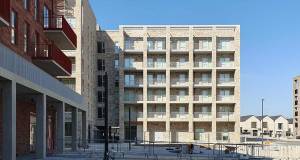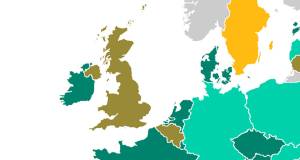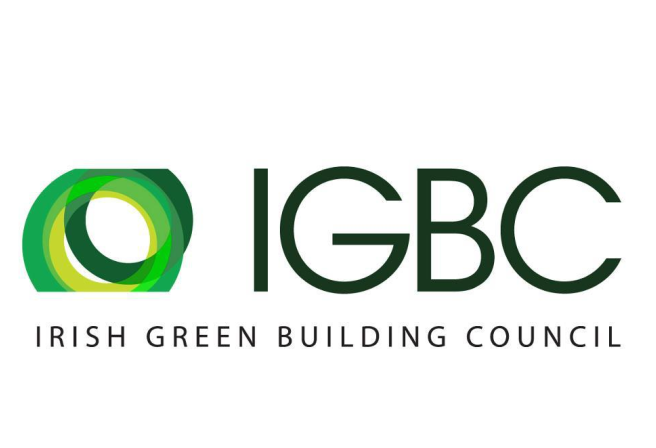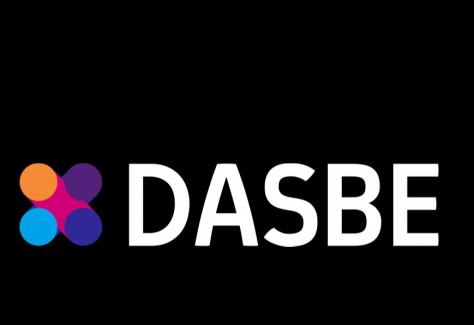
- General
- Posted
New digital hub for sustainable building upskilling
A new online hub aimed at upskilling the construction sector is now live.
This article was originally published in issue 42 of Passive House Plus magazine. Want immediate access to all back issues and exclusive extra content? Click here to subscribe for as little as €15, or click here to receive the next issue free of charge
The Digital Academy for the Sustainable Built Environment, (www.dasbe.ie), will provide blended education in critical areas needed to upskill the construction and retrofit sectors in the coming years.
It will focus on three core themes: energy efficiency, the circular economy, and digital skills for sustainable building.
DASBE is a partnership between two recently formed higher education institutes, the Technological University of the Shannon (TUS) and Atlantic Technological University (ATU), along with industry partners the Irish Green Building Council and Tipperary Energy Agency and is funded by the government’s Human Capital Initiative Pillar 3.
“It’s about a rapid response to train people in the skills needed to deliver on our climate targets, such as energy efficiency and retrofit skills,” said Alice Ryan of the Irish Green Building Council. “Right now, we are identifying the courses that are needed to develop the building industry in line with the Climate Action Plan.”
New courses listed on the hub include a postgraduate diploma in circular economy leadership for the built environment, and a certification in the energy renovation of traditional buildings, which is being run in conjunction with the Heritage Council.
A new level 8 programme in residential energy retrofit management will also start in September, run collaboratively between TUS and ATU. It will have three strands to choose from: building fabric, building systems, and retrofit management.
An increased role for qualified retrofit managers is seen as critical for safely delivering high quality deep retrofits that perform as they are designed to, without a performance gap.
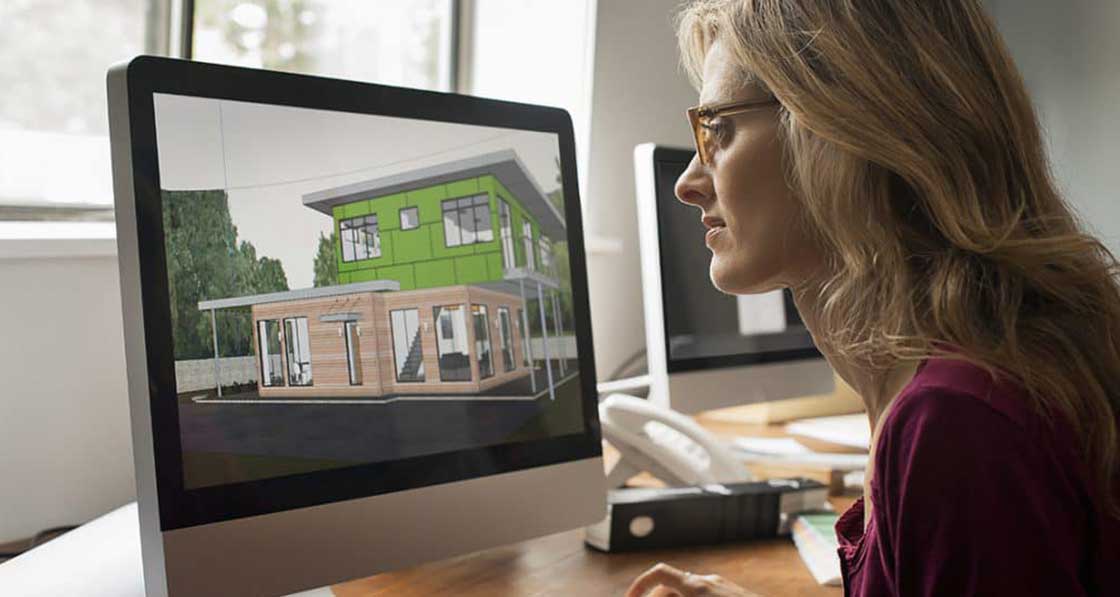
All courses will contain an element of online and flexible learning, to allow those currently working in the industry to upskill at their convenience. “The idea is to be as flexible as possible and take account of the amount of free time people have when they’re working,” said Ryan. “The ambition, over time, is to enable learners to access the modules that they need, when they need them.”
While DASBE will initially serve as a central hub for relevant courses run by the participating institutes, it is also being developed to serve as an interactive online educational platform in its own right, specifically targeted at the construction industry, and it will make use of innovative modern technologies. Ryan said: “With retrofit for example TUS are developing a virtual reality experience, so you can virtually go into a building and learn about building defects in a hands-on way.”
The focus of DASBE will be on creating clear career pathways to fill roles that the industry needs to meet its climate targets. “The idea is to have a clear progression so that if someone has a level 5 certificate, it’s clear how they can progress from there to the next level,” said DASBE manager Elisabeth O’Brien of TUS.
O’Brien said that the long-term goal is for all technological universities to work collaboratively by developing and delivering relevant programmes through the DASBE platform. She said that while previously higher education institutes would develop programmes on their own, the focus of DASBE is on close partnership with industry, to better understand its needs, and with other education institutes.
“We need to make sure we address what’s needed in the built environment right now, and what’s likely to be needed in future,” she added. The DASBE partners have completed a horizon scanning exercise seeking to identify skills needs and programme development opportunities in the short and medium term.
This will include not just academic programmes, but training delivered in close conjunction with the further education sector such as the Educational Training Boards (ETBs), and industry training to support continuing professional development (CPD) too.
O’Brien also said that research and development is crucial to keep up to date with the fast changing industry, with TUS currently partnering on a number of European projects aimed at upskilling the building sector. These include Construction Blueprint, BIMzeED, BUSLeague and HumanTech. In Construction Blueprint (www.constructionblueprint.eu) TUS is sharing the NZEB skills course – developed in Ireland with WWETB – with 20 other countries. BIMzeED focuses on increasing building information modelling (BIM) skills to deliver NZEB buildings.
BUSLeague aims to stimulate demand for sustainable energy skills in the construction sector, and is working to raise awareness of these skills at locations such as builders’ merchants. HumanTech will carry out technology-assisted training of advanced wearables, robotic devices and dynamic semantic digital twins in the form of virtual case studies, gamification, videos and on-site training.
For more information see www.dasbe.ie




